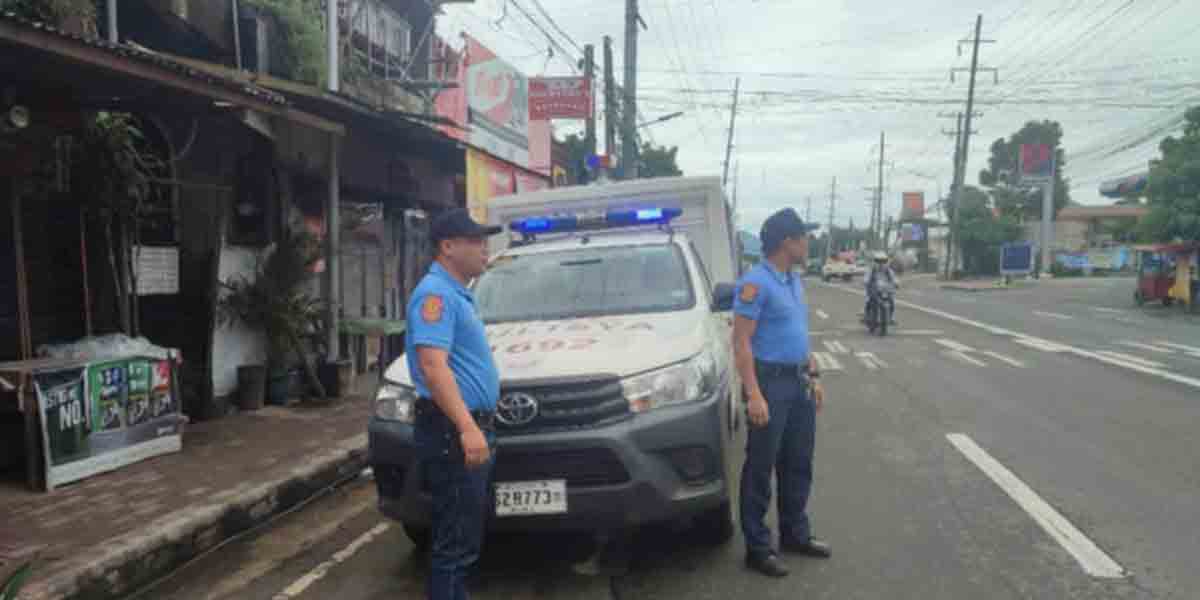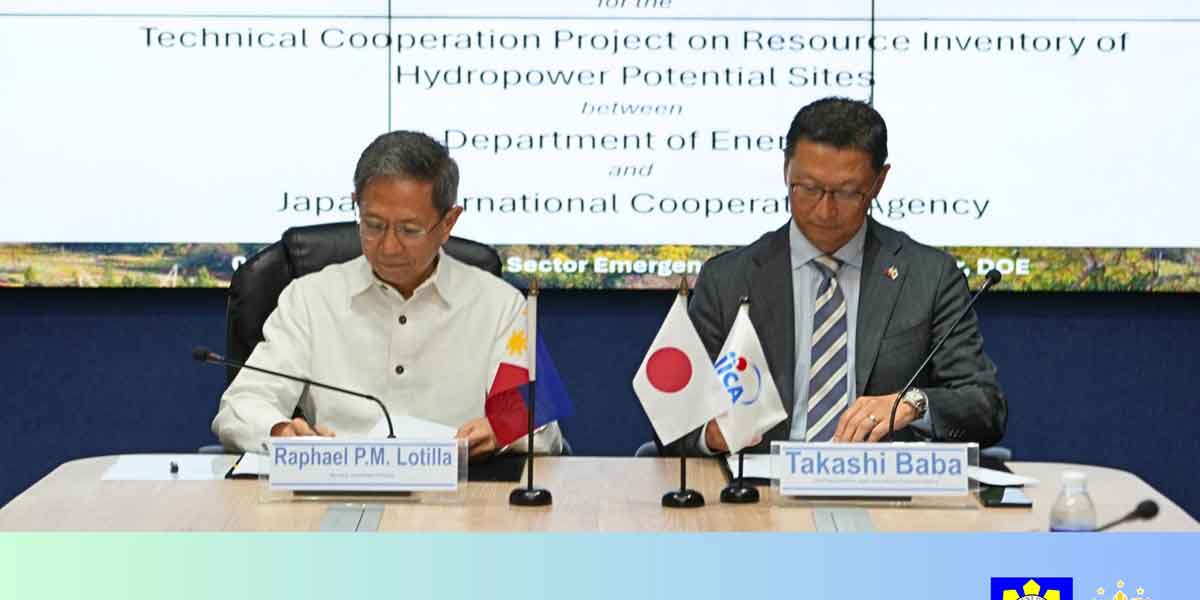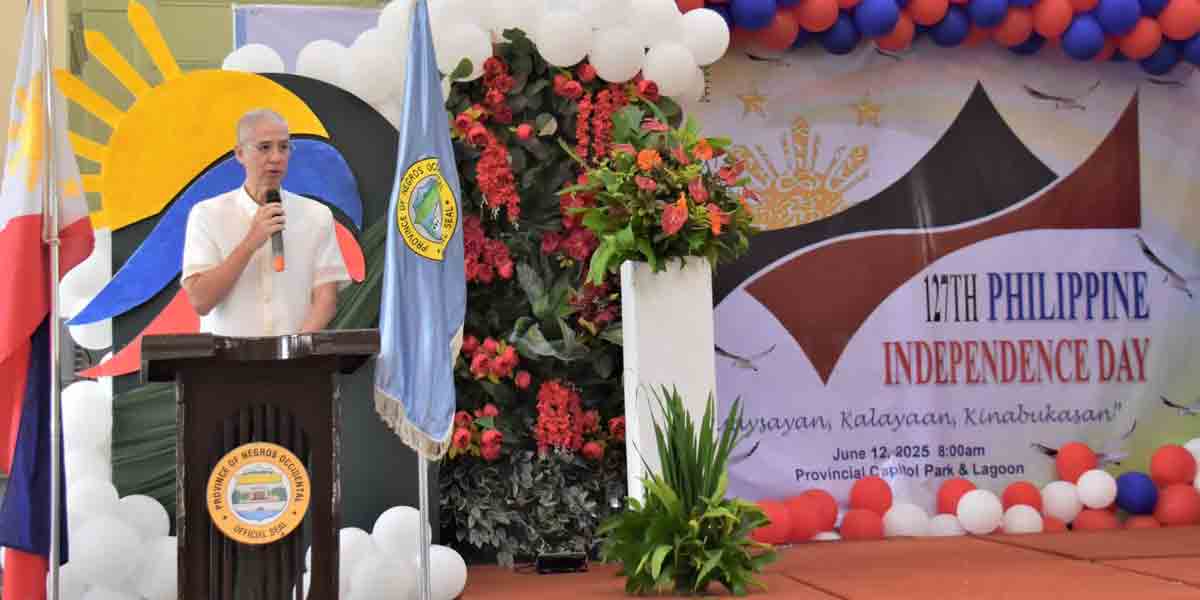The Philippines is poised to become a model of disaster resilience and smart governance in Southeast Asia, where citizens will have peace of mind knowing that help is just a message or call away, regardless of location.
This is according to Don Ferguson, co-founder of the next-generation 911 emergency response technology currently used in the United States and Europe, and CEO of NGA 911 LLC, based in the U.S.
Ferguson noted that a growing number of local government units (LGUs) in the Philippines have already implemented their own advanced public safety systems.
He praised the efforts of LGUs responding to the call of the Department of the Interior and Local Government (DILG) to adopt a unified, nationwide 911 emergency system using modern technology.
Among the first to establish these state-of-the-art emergency command centers are Morong, Rizal; Alaminos City, Pangasinan; Cebu City; Cagayan de Oro City; Mambajao, Camiguin; Bustos, Bulacan; and Tagbilaran City, Bohol.
Command centers in these areas now operate with IP-based networks and multimedia capabilities that enhance emergency response efficiency and effectiveness.
Distress calls are addressed on-site within three to five minutes.
The new system allows more robust and flexible communication between emergency callers and dispatch centers and supports the transmission of texts, photos and videos.
It can also identify and screen out prank callers.
Ferguson said the technology enables LGUs to operate with greater coordination, accountability and data-driven decision-making.
The system’s precise geolocation and real-time data provide critical information to first responders before they arrive on the scene.
He added that the improved coordination is especially valuable during large-scale disasters, where speed and clarity are essential.
The system enhances public trust by making emergency assistance more accessible and reliable.
It also improves the safety of frontline workers by offering better situational awareness.
“With modern infrastructure in place, the country will attract more investment and tourism,” Ferguson said.
“Ultimately, the Philippines will be recognized not just for its beauty and culture, but for its leadership in innovation and commitment to saving lives.”
Ferguson added that a unified emergency system will reinforce public confidence by signaling that safety and risk management are top national priorities.
“Tourists are more likely to visit regions with dependable emergency services, which boosts local economic growth,” he said.
He explained that centralized data improves governance through transparency, accountability and performance monitoring.
Ferguson noted that the transformation also creates jobs and stimulates innovation in the tech and public safety sectors.
“Overall, it strengthens and enhances the Philippines’ global reputation as a resilient and well-managed nation,” he said.


























